Introduction

Canary birds have long been captivating pets, enchanting pet enthusiasts with their melodious songs and vibrant plumage. In this article, we will explore the reasons why people choose to bring these delightful companions into their lives, as well as the costs associated with owning canary birds.
Why People Choose Canary Birds
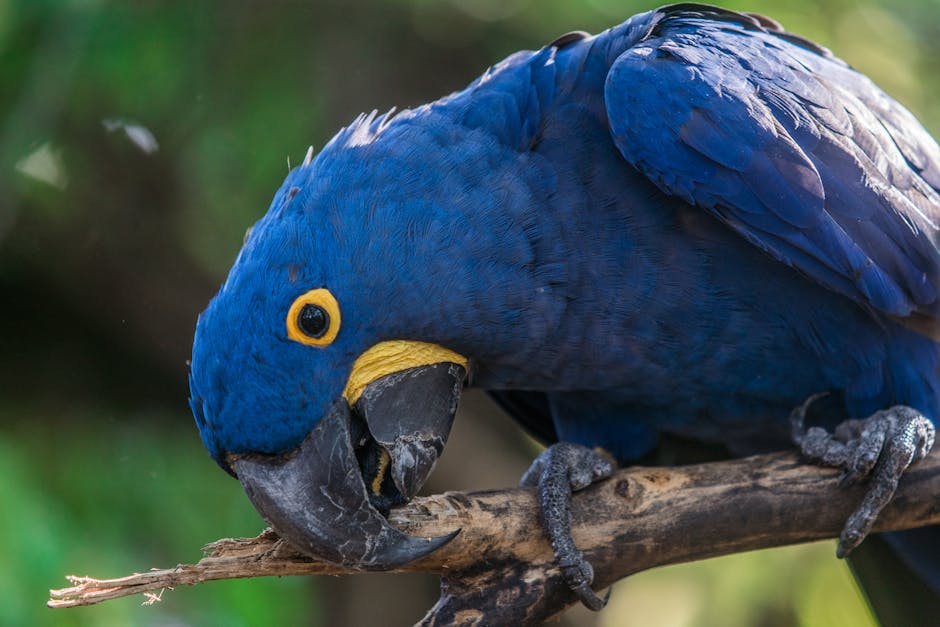
Canary birds are cherished for their enchanting singing abilities and vibrant plumage, making them popular pets. Their melodious songs create a soothing and cheerful ambiance, providing tranquility in both homes and offices.
The small size of canary birds makes them ideal for individuals residing in apartments or small living spaces. They offer the joy of pet ownership without the need for extensive space requirements.
Furthermore, canaries are known for their lively and active personalities, providing companionship and entertainment. Their playful behaviors bring joy and liveliness to any environment.
Additionally, canaries are relatively low-maintenance pets compared to other bird species. They require minimal grooming and adapt well to various living conditions. This makes them an attractive choice for individuals who desire the benefits of pet ownership without the demands of intensive care.
The Cost of Canary Birds
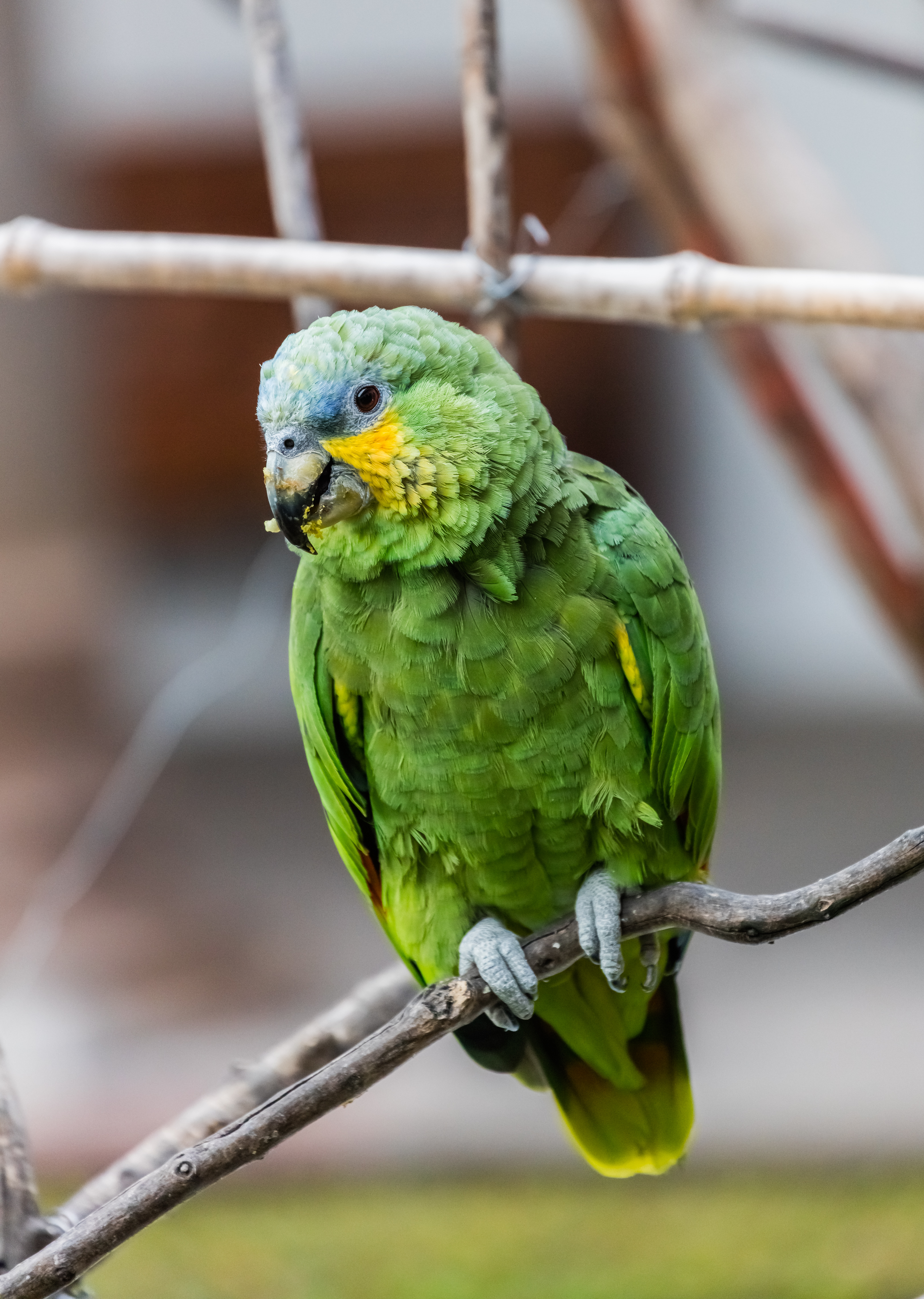
The cost of a canary bird can vary based on factors such as breed, age, coloration, and place of purchase. On average, canary birds generally range from $25 to $150. However, exceptional specimens or rare breeds may command higher prices.
Common canary breeds, including the American Singer, Stafford, and Border Fancy, are more affordable options for prospective owners. The gender of the canary can also impact its price, with male canaries often being pricier due to their superior singing abilities.
Specialized breeding programs contribute to variations in cost. Breeders who invest in selective breeding to produce canaries with specific traits or unique colorations may charge higher prices. These distinct canaries are sought after by enthusiasts and collectors.
When considering the cost of a canary bird, it’s essential to factor in additional expenses beyond the initial purchase. These include housing, feeding, veterinary care, cages, toys, perches, and transportation expenses.
In conclusion, canary birds are popular pets valued for their melodious songs, small size, and low maintenance requirements. The joy, companionship, and touch of natural beauty they bring make them a delightful addition to any home or office.
Cost Factors for Canary Birds
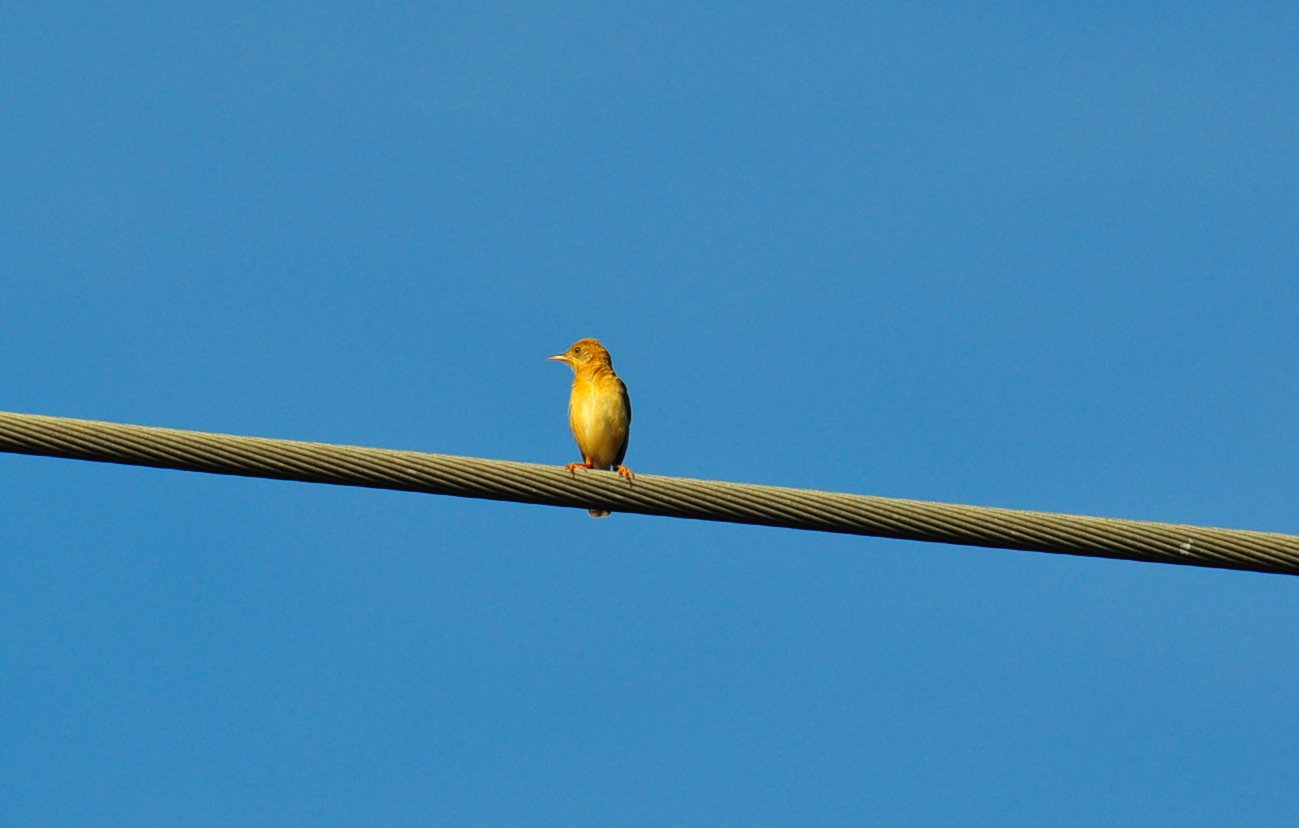
When it comes to the cost of a canary bird, several factors come into play. Understanding these factors will help you determine the expenses involved in purchasing, housing, feeding, and providing veterinary care for your feathered friend.
Factors Affecting the Cost

The price of a canary bird can vary significantly based on the following factors:
Breed
Different breeds of canaries vary in price due to factors such as rarity, popularity, and unique characteristics. Common breeds are generally more affordable, while rare or exclusive breeds with distinct features or color variations can command higher prices.
Age
Young canaries, still in their juvenile stages, tend to be more expensive than older birds. This is because younger birds have a longer potential lifespan ahead and can be trained more easily, making them desirable to many buyers.
Gender
Male canaries are renowned for their melodious singing, which is often preferred by bird enthusiasts. As a result, they are typically more sought after and can be priced higher than females.
Color and Mutation
Canaries come in various colors, including yellow, orange, red, and white, and can exhibit mutations that result in unique appearances. Rare or peculiar color variations and mutations tend to be more expensive due to their novelty and desirability among collectors and breeders.
Lineage and Pedigree
Canaries with well-documented lineage and pedigree can attract higher prices. Birds with champion bloodlines or those bred by renowned breeders may be considered more valuable due to their genetic heritage. The prestige associated with such lineage can make these canaries more sought after and consequently more expensive.
Market Demand
Local and regional market dynamics play a role in determining the price of canary birds. Availability, competition among breeders, and the demand for certain breeds can all influence prices. In areas with high demand but limited supply, prices may be higher compared to regions with a surplus of canaries.
Cost Breakdown
Purchasing the Bird
Prices for canary birds can range from around $25 for common breeds to several hundred dollars for rare breeds. The cost depends on factors such as breed, age, gender, color and mutation, lineage and pedigree, and market conditions. Prices may also vary based on the location and the specific breeder or pet store.
Housing and Feeding
Properly housing and feeding your canary bird is essential for its well-being and contributes to the overall cost of ownership. Housing costs include the price of a suitable cage, perches, nesting materials, and other accessories. Feeding costs involve purchasing a variety of seeds, pellets, fresh fruits, and vegetables. High-quality bird food and nutritional supplements may be pricier but contribute to the bird’s health and longevity.
Veterinary Care
Canary birds may require veterinary care, including routine check-ups, vaccinations, and potential treatments for illnesses or injuries. It is advisable to budget for these expenses and consider the availability and cost of avian veterinarians in your area.
By understanding the factors that influence the cost of a canary bird and considering the expenses associated with purchasing, housing, feeding, and veterinary care, you can make an informed decision and ensure the well-being of your new feathered companion.
Continue reading for more insights into the cost of canary birds and additional considerations when purchasing one.
Word count: 388 words
3. Exploring Canary Bird Breeds
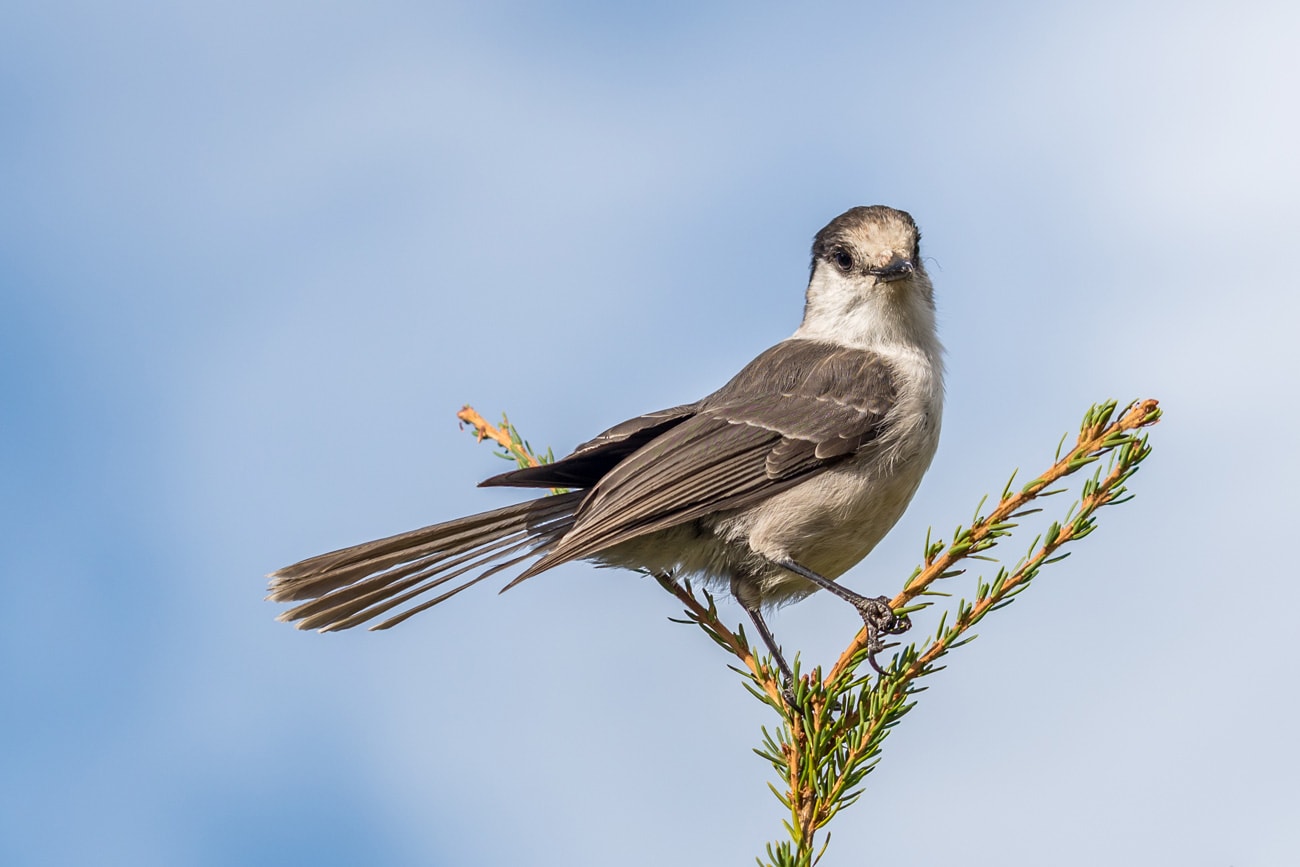
Canary birds are cherished for their enchanting melodies and vibrant plumage. Within the world of canaries, there exists a captivating array of breeds, each possessing its own distinct traits and appearances. Familiarizing yourself with these diverse breeds will empower you to make an informed choice when selecting your feathered companion. Additionally, the cost of canary birds can vary, influenced by factors such as rarity, popularity, demand, and breed-specific characteristics.
A Tapestry of Breeds
The realm of canary birds encompasses a tapestry of breeds that cater to a wide range of preferences. Some popular breeds include the melodious American Singer, the elegant Border Fancy, the charming Gloster with its distinctive crested head, the regal Norwich, the majestic Yorkshire, and the captivating Waterslager, to name just a few. Each breed boasts its own unique features, encompassing variations in size, coloration, feather structure, and overall appearance.
Domesticated Canary Birds: A Budget-Friendly Choice
For those seeking an accessible and budget-friendly option, domesticated canaries are a perfect choice. Compared to their rare and exotic counterparts, domesticated canaries are more readily available. Prices for domesticated canaries typically range from $20 to $100, depending on factors such as the breeder, location, age, health, and lineage of the bird. The market for common domesticated breeds is well-established, offering a wide range of pricing options to suit different budgets.
Rarity and Exclusivity: The Price of Uniqueness
Rare or exotic canary birds command higher prices due to their scarcity and exceptional characteristics. The cost of these avian treasures can vary significantly, with some specimens fetching several hundred or even thousands of dollars. Factors such as rarity, specific color mutations or patterns, singing abilities, and show quality influence their price. Collectors, enthusiasts, and individuals seeking exclusive companions are drawn to these extraordinary birds.
When considering the purchase of a rare or exotic canary, it is crucial to conduct thorough research and seek reputable breeders or aviculturists who specialize in these unique breeds. Inquire about the bird’s lineage, health history, and any certifications or awards associated with it. Understanding the specific traits and requirements of rare canaries is vital to ensure their well-being and compatibility with your preferences.
In conclusion, the captivating world of canary birds offers an exquisite selection of breeds to cater to diverse tastes and preferences. The cost of canary birds varies depending on breed rarity, demand, and specific traits. Domesticated canaries provide affordable options, while rare or exotic breeds command higher prices due to their exceptional characteristics and scarcity. By exploring the different breeds and understanding their costs, you can confidently choose the perfect canary bird to bring joy and beauty into your life.
Additional Considerations when Purchasing a Canary Bird

When considering the cost of purchasing a canary bird, there are several factors to take into account beyond the initial purchase price. These additional considerations include veterinary expenses, food and dietary requirements, grooming needs, potential breeding costs, the cost of accessories, and transportation.
Veterinary Expenses
Canaries, like any other pets, may require regular veterinary care, including check-ups, vaccinations, and treatments for common health issues. The cost of veterinary care can vary based on factors such as location and the specific medical needs of the bird.
Food and Dietary Requirements

Canaries have specific dietary requirements to maintain their health and well-being. This includes a balanced seed mix, fresh fruits and vegetables, and occasional dietary supplements. It’s important to factor in the cost of providing nutritious food and supplements when considering the overall expenses of owning a canary bird.
Grooming Needs
Regular grooming is essential to keep a canary’s nails trimmed and feathers in good condition. Grooming supplies such as nail clippers and bird-safe shampoos should be considered when estimating the costs of owning a canary.
Potential Breeding Costs
If you plan to breed canaries, there may be additional expenses associated with breeding. These costs can include nesting materials, incubators, and potential veterinary care for breeding-related complications.
Cost of Accessories
-
Cages: Canaries require a spacious and secure cage that allows for flying and exercise. The cost of a suitable cage can vary based on factors such as size, materials, and additional features like feeding cups and perches.
-
Toys and Enrichment: Canaries benefit from mental and physical stimulation. Providing toys, swings, and other enrichment items can contribute to their well-being. Consider budgeting for these items to promote a healthy and engaging environment for your canary.
-
Perches and Accessories: Canaries require a variety of perches to rest and exercise their feet. Different types of perches, such as natural wood or rope perches, can add variety and comfort to your canary’s living space. Additionally, accessories like feeding dishes, water dispensers, and cage covers may also be necessary.
Cost of Transportation

When purchasing a canary bird, it’s essential to consider the cost of transportation. This includes expenses associated with transporting the bird from the breeder or pet store to your home. The cost may vary depending on factors such as distance traveled, mode of transportation, and any necessary shipping permits or documentation.
By considering these additional expenses, you can make an informed decision and ensure a comfortable and healthy environment for your canary bird. Owning a canary requires a financial commitment to provide proper care and well-being. By understanding and planning for these expenses, you can ensure a happy and healthy life for your canary companion.
Conclusion
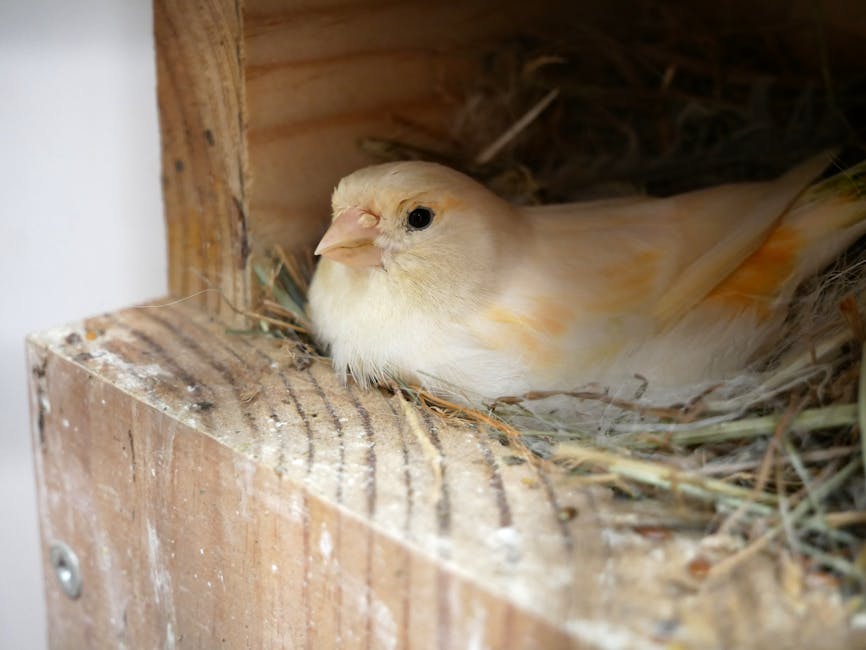
Purchasing a canary bird involves considering various factors and costs. By understanding these factors and costs, you can make an informed decision when bringing one of these delightful creatures into your home.
Summary of the Cost of a Canary Bird
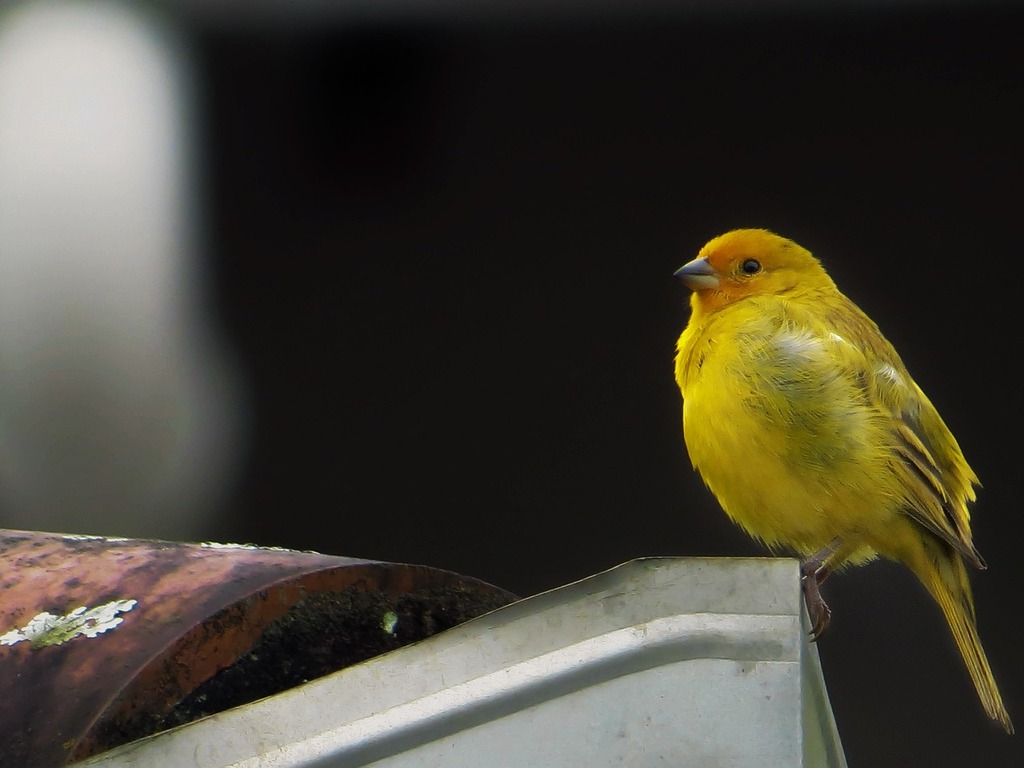
The cost of a canary bird can vary significantly depending on several factors. Common canary breeds like the American Singer or the Roller Canary are usually more affordable, typically priced between $25 and $50. Conversely, rare or exotic canary breeds such as the Red Factor Canary or the Yorkshire Canary tend to be more expensive, with prices ranging from $75 to $150 or even higher.
Factors that influence the cost include physical attributes like color variations or unique patterns, as well as the bird’s singing ability or lineage. Additionally, other expenses such as transportation fees and the cost of providing a suitable cage, food, and accessories should be taken into account.
Summary of Factors to Consider When Purchasing a Canary Bird
When purchasing a canary bird, consider the following factors to ensure a positive experience and a healthy bird:
-
Research Canaries: Explore different canary breeds based on size, color, singing ability, and temperament.
-
Purpose: Determine the purpose for buying a canary bird, whether it’s companionship, breeding, or participation in shows.
-
Health and Condition: Prioritize the bird’s health and condition, looking for signs of alertness, bright eyes, clean feathers, and active movement.
-
Find a Reputable Source: Purchase from a reputable breeder or pet store specializing in canaries to ensure a healthy bird and access to support and guidance.
By considering these factors, you can make an informed decision and find a canary bird that brings joy and companionship into your life.
In conclusion, understanding the different factors influencing the price and considering essential aspects when purchasing a canary bird can help you find one that suits both your preferences and budget. With their beautiful melodies and vibrant presence, canaries can bring a touch of nature’s beauty into your home.
Frequently Asked Questions
Frequently Asked Questions
1. How much does a canary bird typically cost?
The cost of a canary bird can vary depending on factors such as breed, age, coloration, and place of purchase. On average, canary birds generally range from $25 to $150. However, exceptional specimens or rare breeds may command higher prices.
2. What factors affect the cost of a canary bird?
Several factors can influence the cost of a canary bird. These include the breed, age, gender, color and mutation, lineage and pedigree, and market demand. Rare breeds, unique color variations, champion bloodlines, and high demand can contribute to higher prices.
3. Are there affordable options for purchasing a canary bird?
Yes, there are affordable options for purchasing canary birds. Common canary breeds such as the American Singer or the Roller Canary are generally more affordable, usually priced between $25 and $50. Domesticated canaries are also budget-friendly choices compared to rare or exotic breeds.
4. What additional expenses should I consider when owning a canary bird?
In addition to the initial purchase price, there are additional expenses to consider when owning a canary bird. These include housing (cage, perches), feeding, veterinary care, grooming supplies, potential breeding costs, accessories (toys, enrichment), and transportation expenses.
5. How can I ensure I’m making a responsible purchase of a canary bird?

To make a responsible purchase of a canary bird, it’s important to research canary breeds, determine your purpose for owning one, prioritize the bird’s health and condition, and purchase from a reputable breeder or pet store specializing in canaries. By considering these factors, you can make an informed decision and find a canary bird that suits your preferences and budget.

Leave a Reply